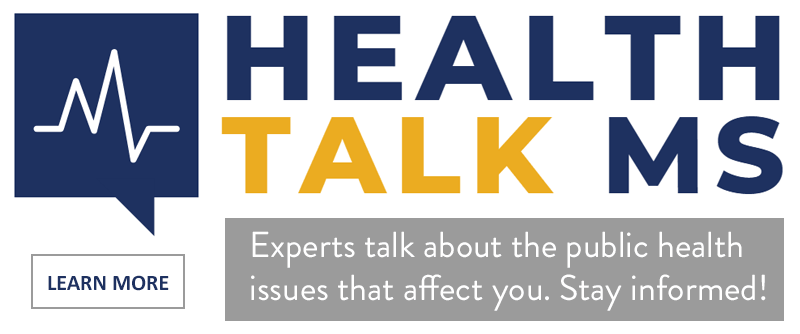The major characteristic of public health social work is an epidemiological approach to identifying social problems affecting the health status and social functioning of all population groups, with an emphasis on intervention at the primary prevention level.
Social Epidemiology is defined as “the branch of epidemiology that studies the social distribution and social determinants of health,” that is, “specific features of, and pathways by which, societal conditions affect health.” (Krieger N. A glossary for social epidemiology. J Epidemiol Community Health. Oct 2001; 55(1):693-700. Reprinted in Epidemiological Bulletin, Vol. 23 No. 1, March 2002)
"Public Health Social Workers focus on the promotion of positive health behaviors in the development of lifestyles by individuals, families and groups; enhancement of the environment; and avoidance of risks. Public Health Social Workers assess the health needs of the target population and determine the association between social factors and the incidence of health problems. Their emphasis is on reducing the social stress associated with health problems and determining the social supports that promote well-being, provide protection against ill health, and minimize disability and institutionalization."
Standards Development Committee, Public Health Social Work Standards and Competencies, May 2005

